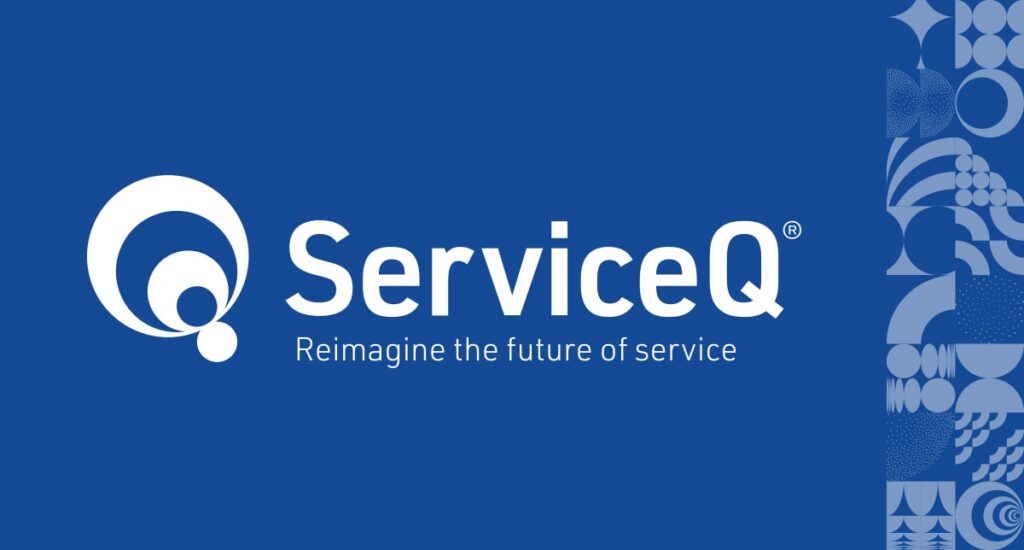Written by Jennifer Crescenzo
Although no Italian male tennis player had won a Grand Slam final since 1976, Jannik Sinner became a favourite to win the 2024 Australian Open, after he beat 10-time champion Novak Djokovic in the semi-finals. The 22-year-old is known for his aggressive baseline game and for being cool under pressure, but in the first two sets of his final against the formidable Daniil Medvedev, he seemed to be falling apart. With his powerful serve and speed, Medvedev was pushing Sinner to his absolute limits. Normally light on his feet, Sinner stumbled around the court missing shots. He muttered to himself. He shook his head in disbelief. He gestured helplessly to his coaches. And every frustration, every vulnerable moment was replayed in slow motion for all the world to see.
When I talk to people in customer service, especially over the past few years, what they describe is similar to being pummelled by Medvedev’s 230km/h serves on centre court. They feel like they’re under greater scrutiny and relentless pressure. They feel like they have to be their best, but they’re not sure what that looks like or feels like. Instead of trusting themselves in the moment, they get stuck on past mistakes or imagine worst-case scenarios. And so it gets harder to make the decisions that win customers.
When serving customers feels like serving against Medvedev, what can your team do? Well, on court, about to be eliminated, Sinner did something surprising. He let go. He took chances. He came out of his comfort zone on the baseline and went to the net, playing drop shots. Drop shots are not his strength and many of his efforts failed. Commentators questioned his judgement. But he shook off mistakes and just kept going. And, crucially, Medvedev could feel that Sinner was not going to give up. That changed the dynamics between them. One moment, one point at a time, Sinner fought back to hoist his first Grand Slam trophy.
How did he do it? Sinner credits his team and his family for giving him a framework of strong values and the freedom to try things and learn from every decision. He has a plan, he trusts his plan, but he also trusts himself. In pressure moments, he will make the call. And if something doesn’t work, he doesn’t come undone. He takes a breath, sees what’s coming next, and meets the moment the best he can.
People who succeed at anything, including customer service, learn how to keep playing for the little wins that add up to big successes. But they can only do this with the right support. When you look at your organisation, what support systems do you have in place? What does your team need so that even with big goals and high stakes, they can deliver customer service like Sinner plays a point?
